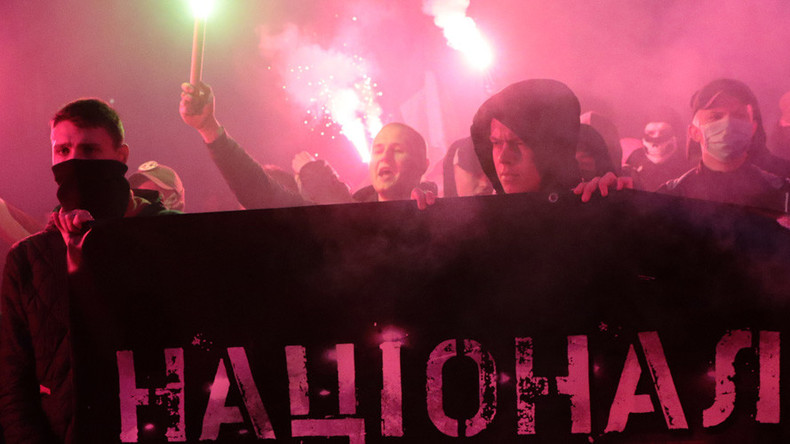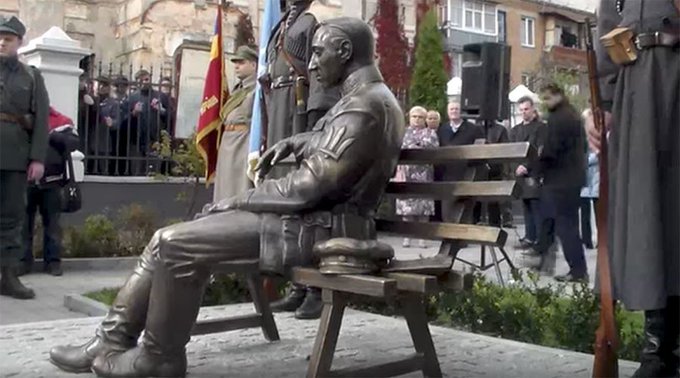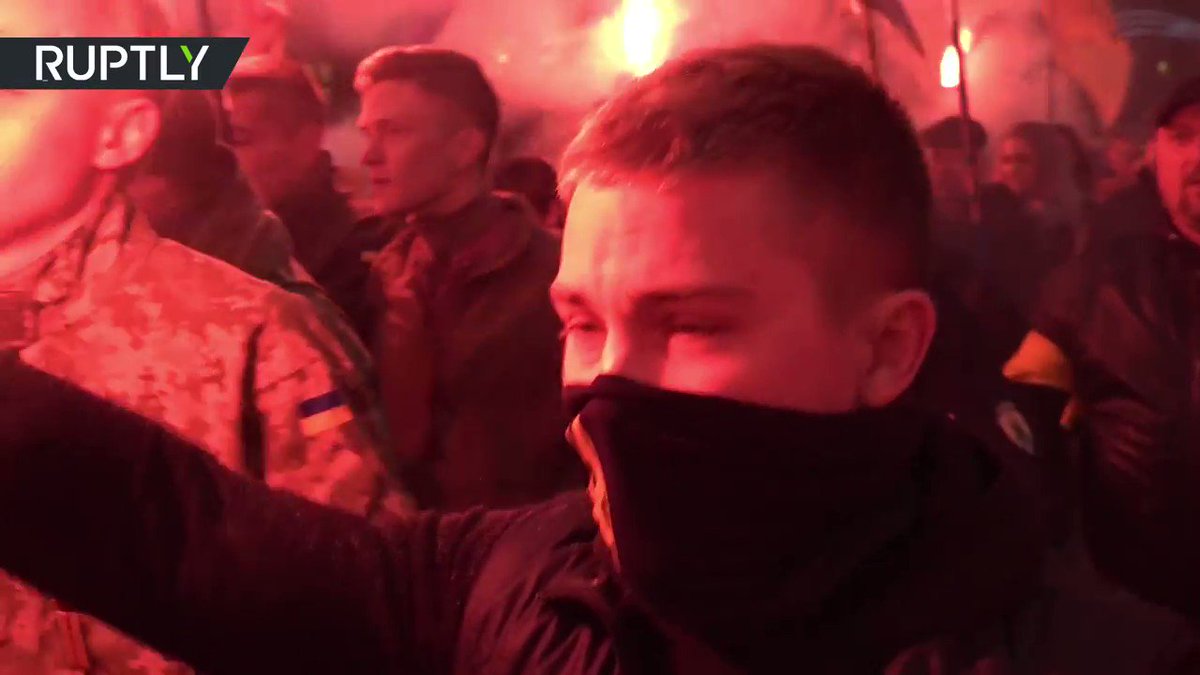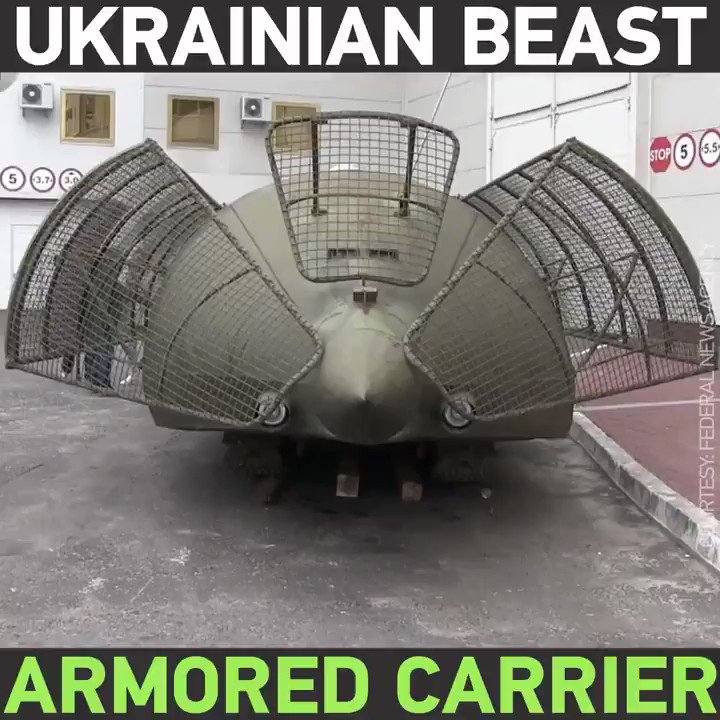Read more
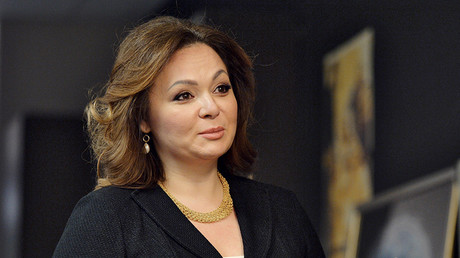
A four-page memo Veselnitskaya brought to her meeting with Donald Trump Jr, dated May 2016, was
published in full by Foreign Policy magazine on Monday. Previously, CNN had
cited excerpts from the Russian lawyer's talking points.
Veselnitskaya confirmed to RT the authenticity of the memo, saying that she was the one who gave it to the media.
“I personally gave this memo to the journalist, I can’t recall her name, this is the translation that I prepared for myself before my trip to the US last year,” she said.
The four-page analysis focuses on the backstory of the Magnitsky Act, a bill that allows the US to seize assets from Russians accused of human rights abuses and bar them from entering the country.
Veselnitskaya claims that it was a result of “a massive three-year lobbying campaign” driven by the CEO and founder of the Hermitage Capital fund, Bill Browder, “a fugitive criminal accused of tax fraud in Russia.”
By adopting the legislation in December 2012, the US lawmakers promoted “the never-existent story of a ‘lawyer,’ Sergey Magnitisky, who allegedly exposed corruption crimes and embezzlement from the Russian treasury, for which he was arrested, tortured and beaten to death,” she wrote.
According to her investigation, the largest investor in the companies associated with Browder was ZIFF Brothers Fund, known for its close ties to Democrats. “It cannot be ruled out that they also financed the Hillary Clinton campaign,”Veselnitskaya wrote in the only reference to the last year’s presidential campaign that could be found in the memo.
Speaking to RT, Veselnitskaya stressed that “the only truth” about the Magnitsky case is the losses inflicted on the Russian state budget due to tax evasion and other illegal financial activities orchestrated by Browder and the fact of a tragic death of the tax accountant, used by Browder to champion his anti-Russian cause.
Read more
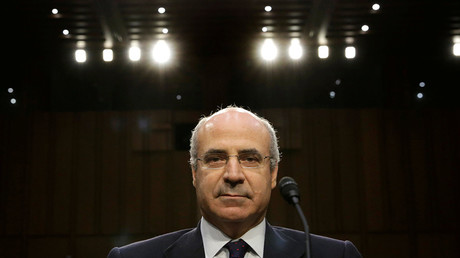
“What happened in the US in 2012 was pure politics. There is nothing about the real story of Sergey Magnitsky,” she said, adding that she is interested in unveiling the truth about the Magnitsky Act because it affects her client, Denis Katsyv, owner of Prevezon Holdings, and not because she is on some campaign against anti-Russia sanctions.
“Just to make it clear, I was never against any sanctions because they don’t involve my client, but I am against manipulating facts. I am against how the authorities have not investigated the story behind the Magnitsky Act,” she said.
Magnitsky was a prime suspect in a tax evasion scheme when he died in a pre-trial detention center in 2009. Veselnitiskaya said that his death was the “climax” of Browder’s lobbying campaign.
She went on to argue that Browder has been using the new spiraling anti-Russia hysteria in the US mainstream media to portray her as an agent of the Kremlin.
“Browder is spinning a story of espionage, of a “Kremlin hand,” but those documents I have are the results of the investigation,” she said, adding that any information she obtains in the course of her own investigation she is sharing with Russian prosecutors and American lawyers.
Referring to the resemblance of her talking points to the data reportedly provided to Rep. Dana Rohrabacher (R) by Russian officials this summer, Veselintskaya said that she did not see why the information exchange should point to some sort of conspiracy.
“I’ve read this memo and I agree that there are some similar points. Even if Dana Rohrabacher received his memo at the Prosecutor General’s Office when he was in Russia, there is nothing extraordinary or criminal about that,” she said.
“In this memo, there are just facts. It doesn’t matter what language you write them in. It’s all the same.”
At the time of the report, Browder filed a complaint with the Treasury's Office of Foreign Asset Control, arguing that Rohrabacher had breached the US sanctions imposed on Russia by accepting materials from Russian officials.
Read more

Rohrabacher fired back, with his spokesman calling the disgraced financier “a billionaire tax exile” and alleging that Browder’s motive for the complaint is to conceal facts from the investigation.
"It may not be in the interest of some individuals for the Russian side of serious matters to be examined and evaluated. Attempts to intimidate a member of Congress not to look at both sides is suspicious in and of itself," he said.
Veselnitskaya, who was propelled into the US media spotlight after her meeting with Donald Trump Jr in June 2016 was made public, accused Browder of an attempt to manipulate the story by launching a disinformation campaign.
In July, Browder told the Senate Judiciary Committee that the meeting between Veselnitskaya and the US president’s son was focused on the repeal of sanctions, a claim Veselnitskaya vehemently denies, as well as her alleged collusion with the Russian authorities.




